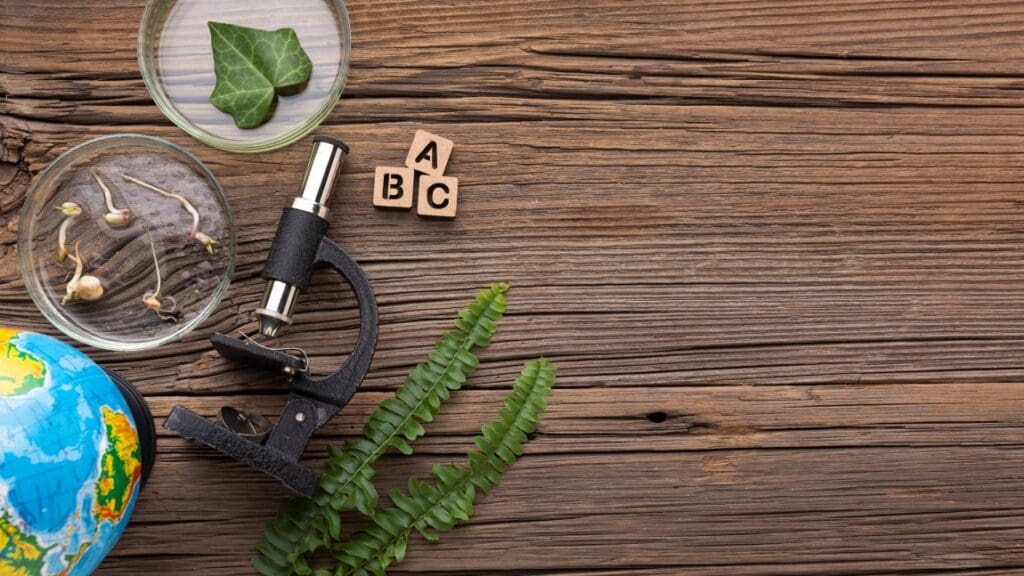Rutgers University – Environmental sustainability isn’t a major factor influencing meat consumption decisions for most Americans, despite increasing awareness of the climate impacts of red meat production, according to Rutgers researchers.
The study, published in Appetite, examined meat and seafood consumption patterns among a nationally representative sample of more than 1,200 U.S. adults. Researchers found while many Americans report reducing their red meat intake, health concerns and price are the primary motivators rather than environmental considerations.
“There’s a disconnect between the mounting evidence on meat’s environmental footprint and what’s actually driving consumer behavior,” said Shauna Downs, an associate professor in the Department of Health Behavior, Society and Policy at Rutgers School of Public Health and lead author of the study. “Our findings suggest that messaging focused solely on sustainability may not resonate with most U.S. consumers regarding meat choices.”

Key findings from the study include:
- 78% of participants reported consuming red meat 1 to 4 times per week, with 14% consuming it 5 or more times weekly
- Nearly 70% said they had reduced red meat consumption in the past year, primarily citing health (64%) and price (32%) as reasons
- Six percent of those reducing red meat cited environmental sustainability as a factor
- Health (85%) and taste (84%) were rated as the most important considerations when purchasing meat overall
- Environmental sustainability (29%) and animal welfare (28%) were rated as least important
The researchers found some demographic differences in meat consumption patterns and motivations. For example, respondents ages 65 and older were more likely to report reducing red meat intake than younger adults. Black respondents rated factors such as price, health and sustainability as more important in meat purchasing decisions compared with other racial and ethnic groups. Compared to male respondents, female respondents reported environmental sustainability and health as important in making meat purchasing decisions.
“These findings can help inform more effective interventions and messaging campaigns to shift diets in a more sustainable direction,” Downs said. “Focusing on health benefits and affordability, rather than environmental impacts alone, is more likely to motivate changes in meat consumption for most Americans.”
The study comes as climate scientists increasingly point to reducing meat consumption, particularly beef and lamb, as a key strategy for mitigating climate change. However, efforts to reduce meat intake in the U.S. face cultural and political roadblocks, such as the strong lobbying power of the meat industry, with previous attempts to incorporate sustainability considerations into federal dietary guidelines being met with pushback.
“There are clearly some barriers to overcome in terms of making sustainability a priority for consumers,” said Emily V. Merchant, assistant professor in the Department of Urban-Global Public Health at the Rutgers School of Public Health and a co-author of the study. “Creative, multifaceted approaches that also emphasize health, taste and affordability may be needed to shift eating patterns in a meaningful way.”
The researchers said future studies should explore how to effectively combine different motivators in public messaging and interventions around meat consumption. They also called for more research on how to make minimally-processed plant-based alternatives more appealing to meat eaters.
“Small shifts in diet across a population can add up to significant environmental benefits,” Downs said. “Finding ways to make those shifts that resonate with consumers’ existing priorities around food choice will be key. This needs to happen alongside policies aimed at making changes to the environments in which we make those food choices. For example, including sustainability considerations in public procurement policies or making tasty plant-based meals more available and affordable.”
***
The study, conducted in collaboration with researchers from Columbia University’s Climate School, Cornell University, and the International Food Policy Research Institute, was funded by the Stavros Niarchos Foundation.
Journal Reference:
Shauna M. Downs, Emily V. Merchant, Joachim Sackey, Elizabeth L. Fox, Claire Davis, Jessica Fanzo, ‘Sustainability considerations are not influencing meat consumption in the US’, Appetite 203, 107667 (2024). DOI: 10.1016/j.appet.2024.107667
Article Source:
Press Release/Material by Rutgers University
Featured image credit: bearfotos | Freepik




